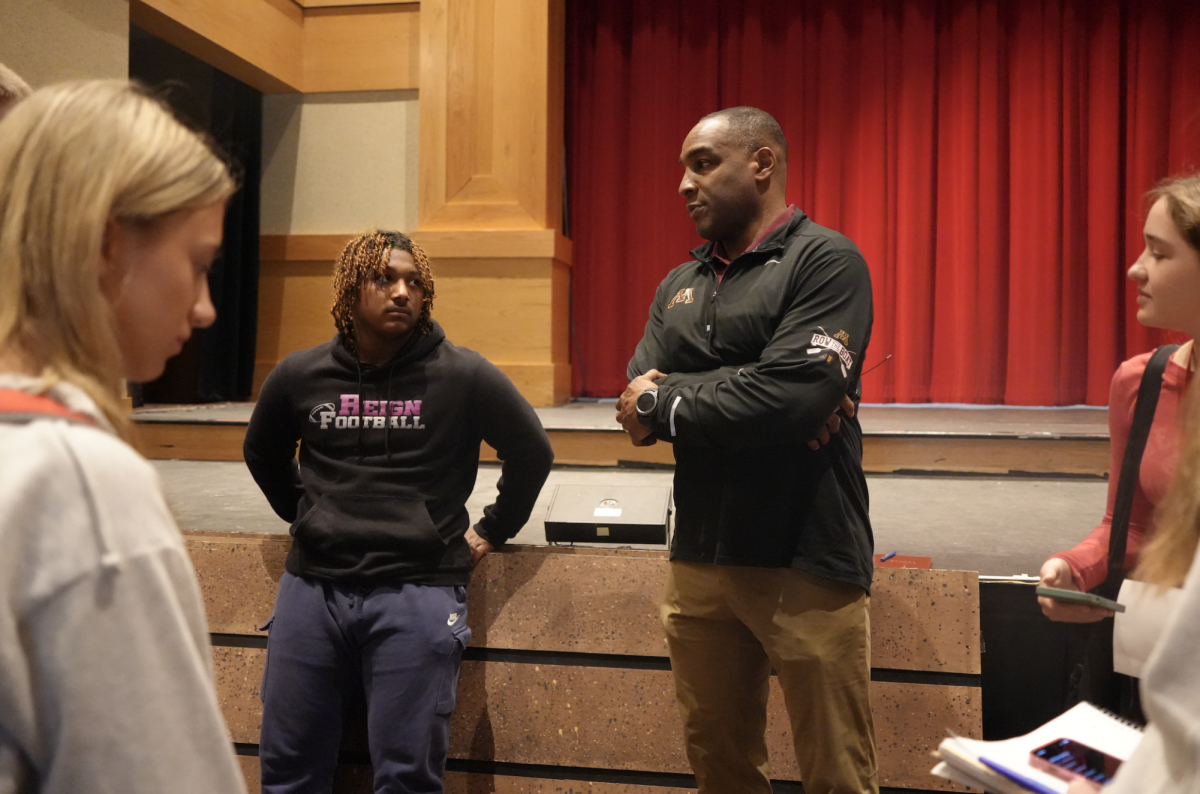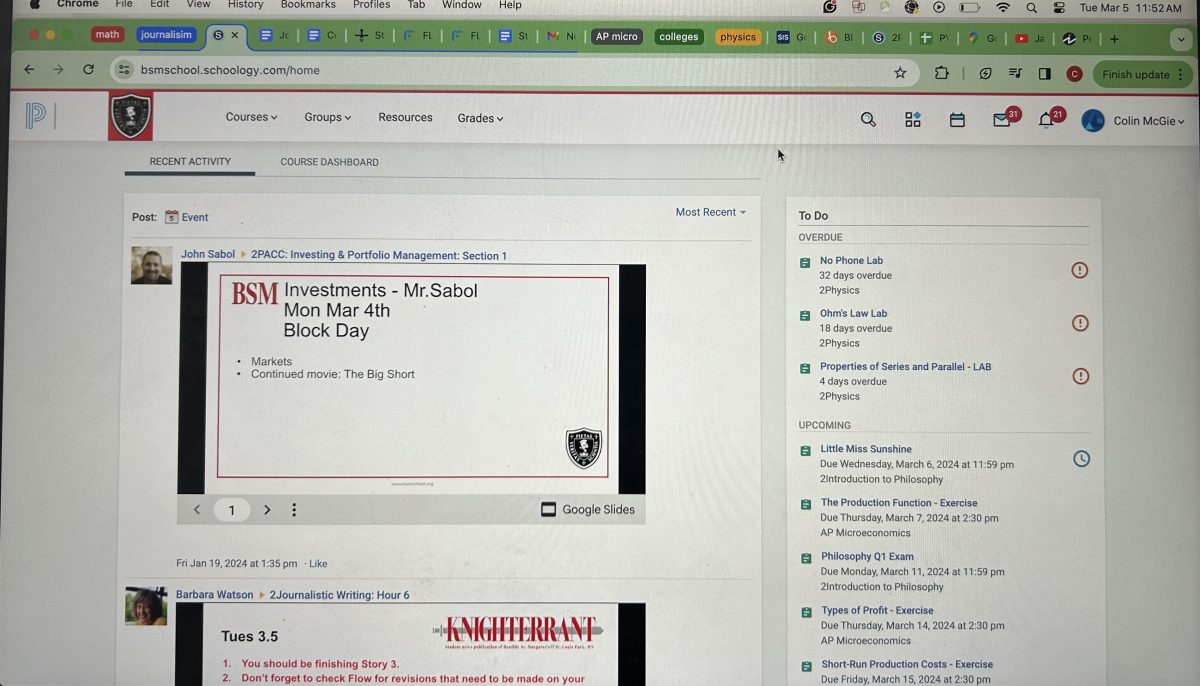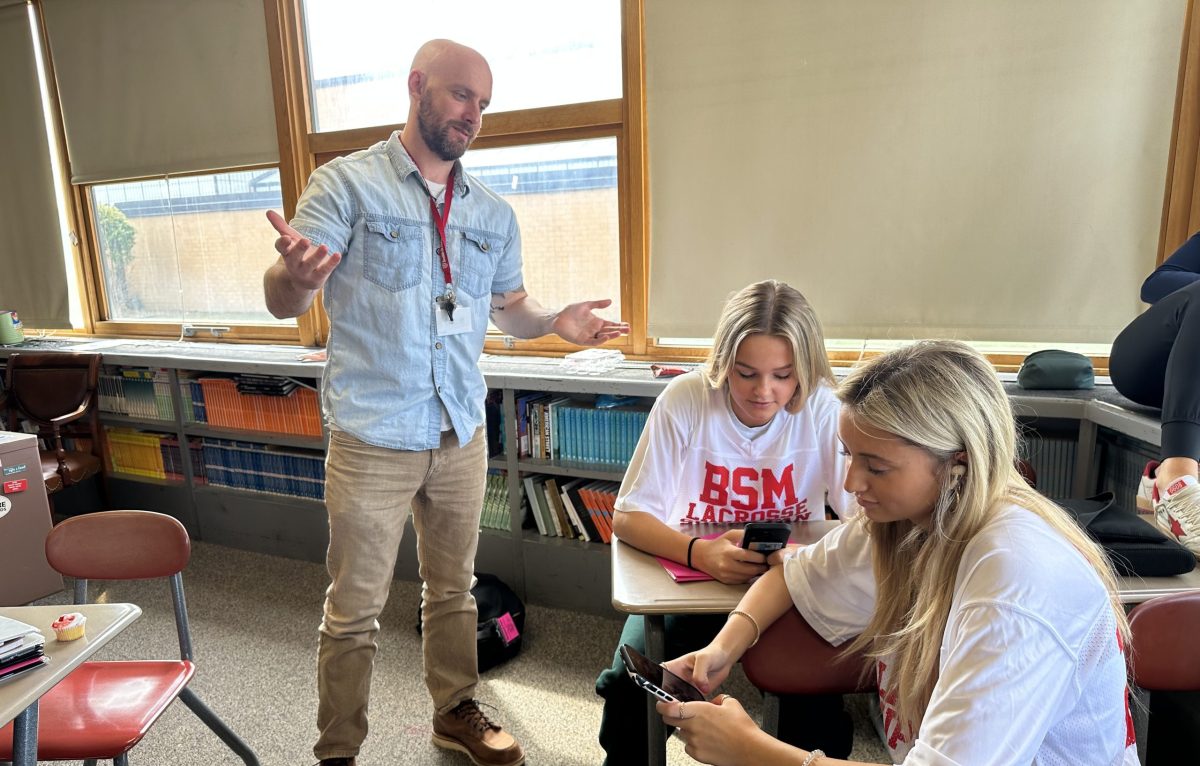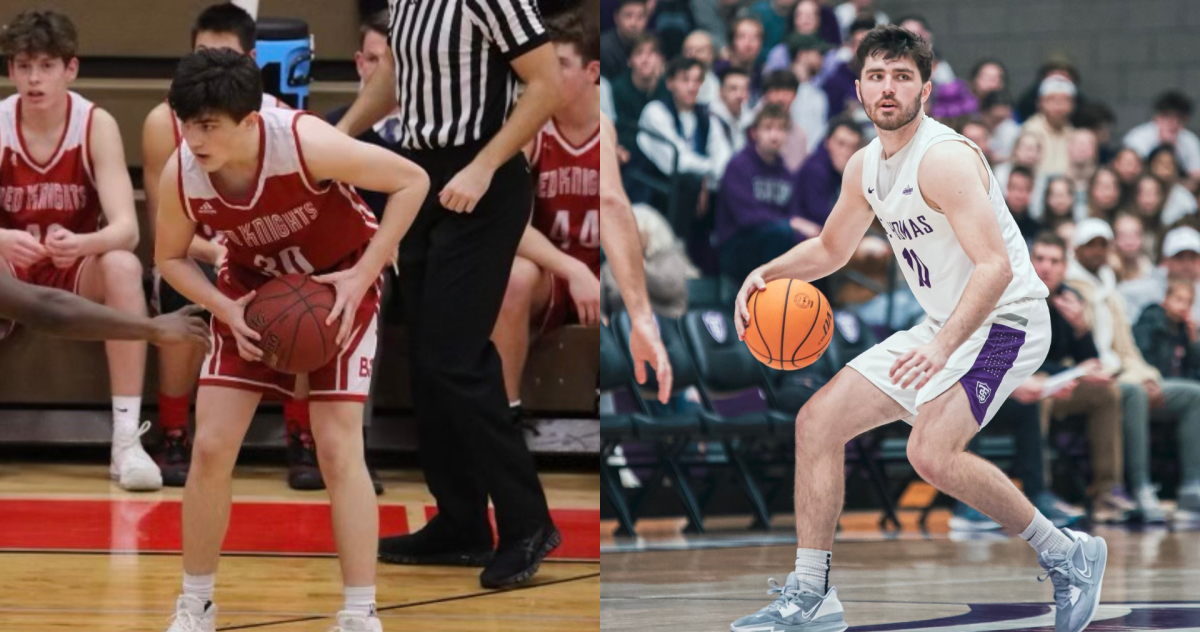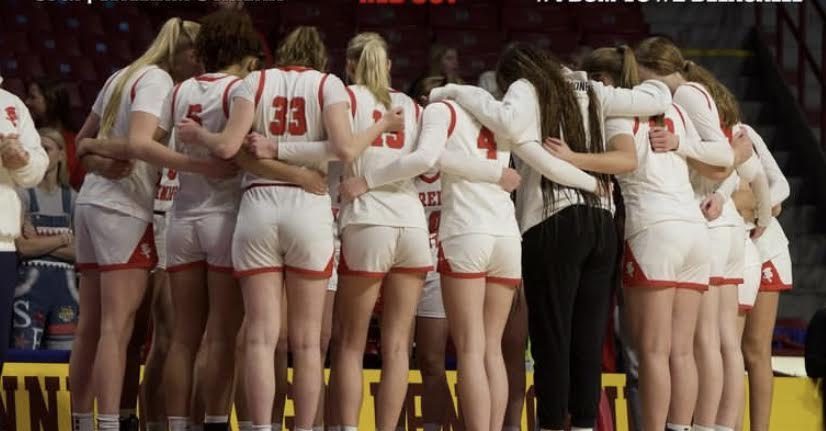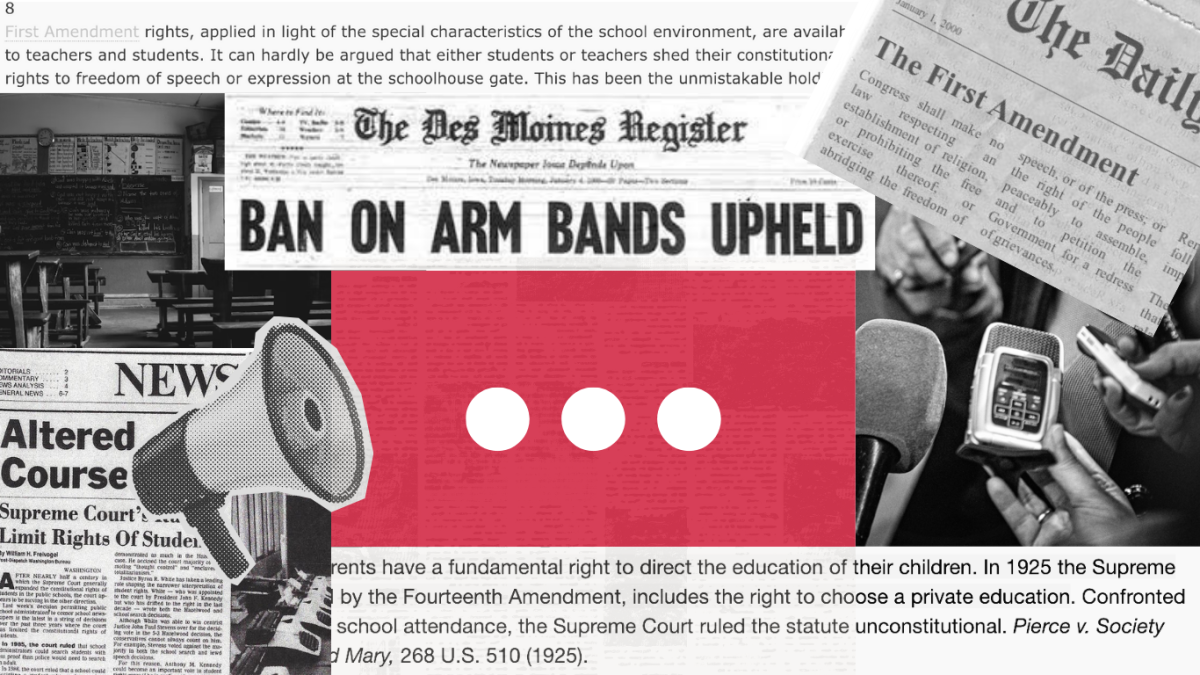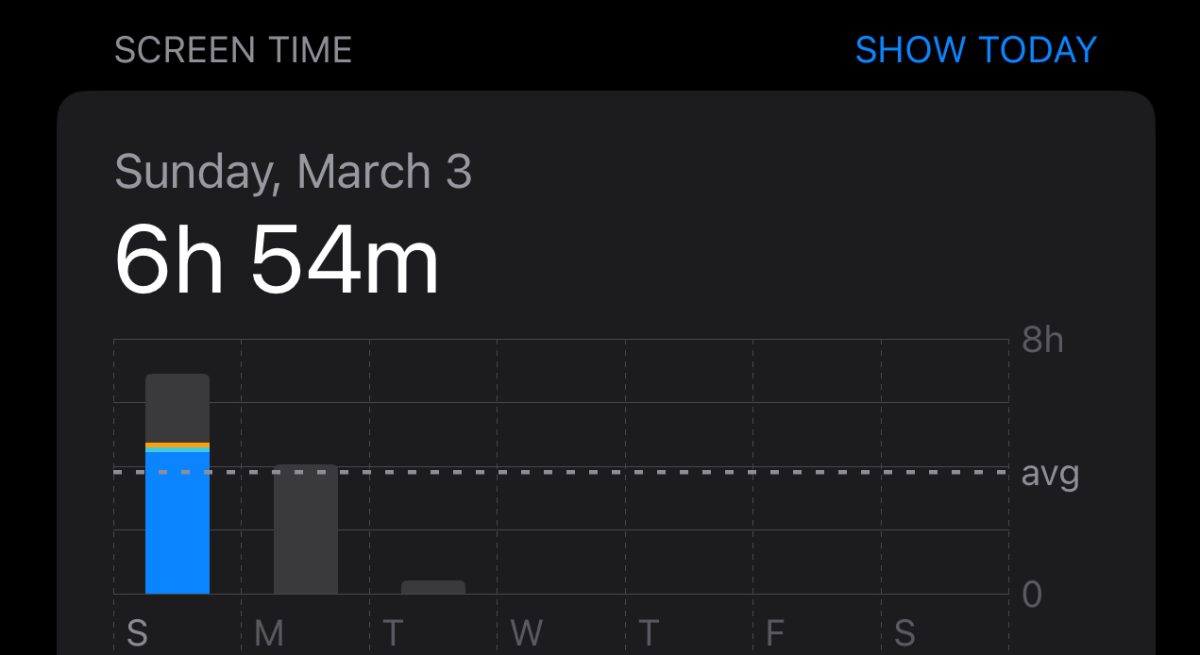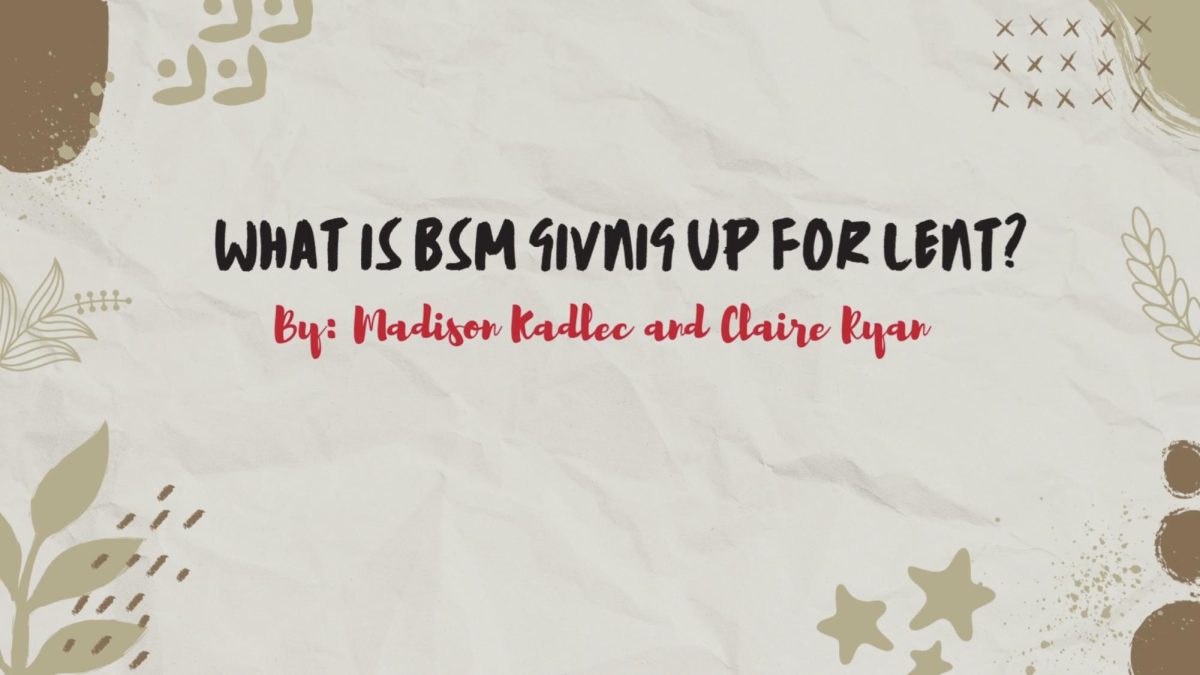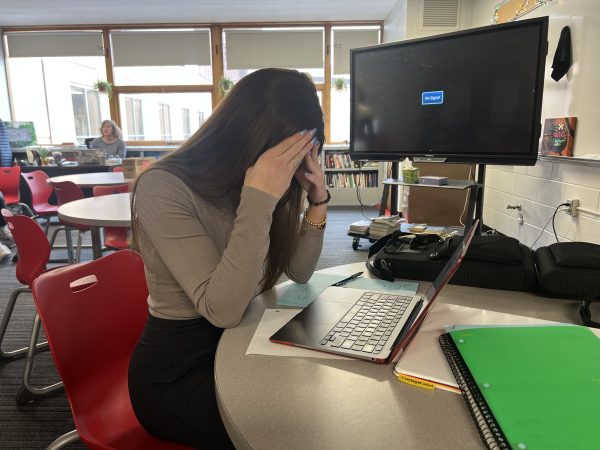Early class placements hurts a student’s opportunities
While enrolling students in classes, BSM takes the common route by analyzing which classes the students took in their years previous to high school. The difficulty of the courses a student takes upon entering into BSM is often determined by the difficulty of courses taken before this student enters into high school. This leads to many students being enrolled into typical classes considered “the norm,” yet they struggle a great deal to keep up with the material being taught. On the other hand, some students may register for class that is far too simple for their ability. The unfair enrollment in these classes can lead to a student deciding to drop the class altogether.
This leads to many students being enrolled into typical classes considered “the norm,” yet they struggle a great deal to keep up with the material being taught. On the other hand, some students may register for class that is far too simple for their ability.
— Anna Walker
Scrolling through the academics offered at BSM on the school’s website, one can find the exact prerequisites needed to enroll in a specific class. For example, one of the math classes offered is labeled as “Algebra Concepts”. The prerequisite required for a student to enroll into Algebra Concepts are both grade school teacher recommendations and the student’s Explore test scores. The explore scores are required for a student’s placement but that score on such a general exam could be inaccurate- leading them to be placed in a class higher or lower for them
Multiple students have potential to grow academically over the course of a year and should be given the opportunity to succeed among the rest of their grade. That being said, students should be given a more structured opportunity to prove their worth and whether or not they deserve to enroll into a class typically designed for their age level.
It is difficult to determine whether or not a student has experienced hardship in their previous years of academics and what role that carries out in the future. If a student is placed in a lower class solely due to past struggles, they wind up behind the entire grade for the rest of their high school experience.
For example, for a student to be enrolled in Honors Advanced Algebra, the prerequisite is “a grade of “C” or higher in Honors Geometry for both semesters or a grade of “A” in Formal Geometry for at least one semester.” What if a student who wants to succeed struggles in formal geometry? A student may lack the skills needed to excel in one area of a general subject, like formal geometry, but surpass their peers when working with algebra.
I believe many students are both deserving and capable of enrolling in an honors course but are not given the opportunity to prove their worth or to rid of their past struggle with any given subject.
A great deal could be done in the prevention of this process at BSM. A student’s ability must be analyzed by current test scores and their success’ in certain areas. If a student is judged based on past experience and previous examination, their entire future could be put in jeopardy. By examining subject areas a student exceeds in, versus a field in which action is needed, BSM can better understand the strengths and weaknesses that individual student acquires.
With this knowledge, there is an opportunity for discussion among the administration and the student concerning possible work to catch up on in a definite area. Completion of homework and test scores should be properly analyzed and each student should be given the equal opportunity to advance among their peers.

